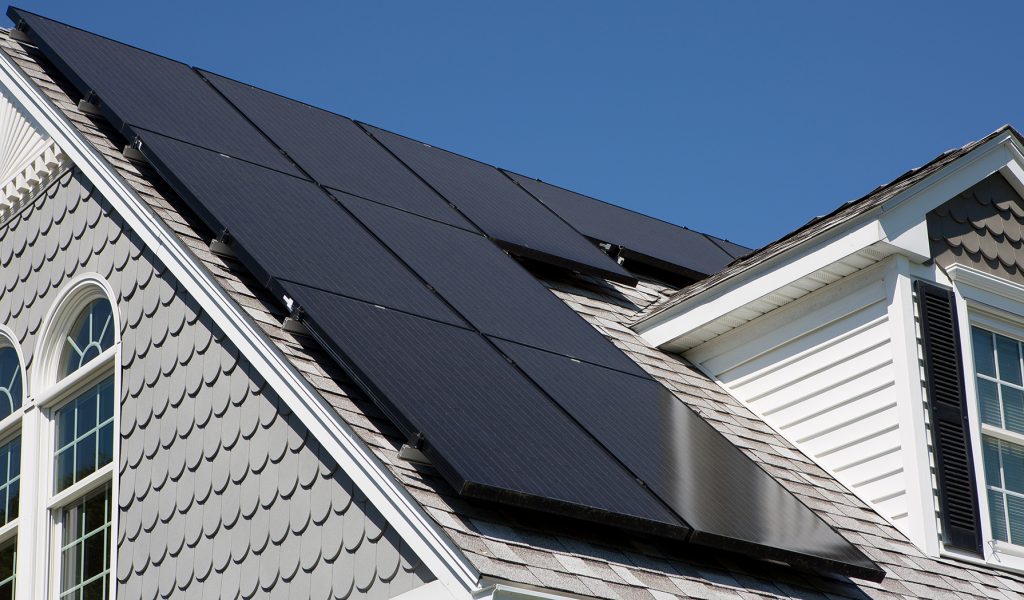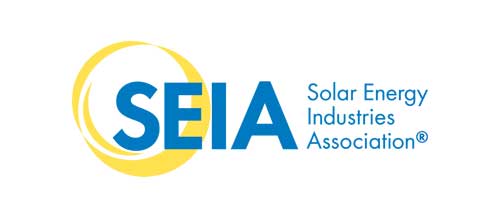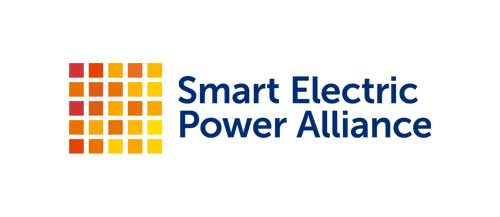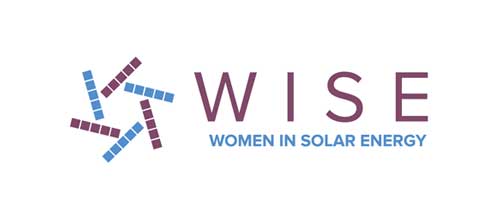While the number of solar-powered homes grows rapidly each year, renewable energy is still a new enough concept to not be completely understood in the real estate sector. Hence, it’s a valid concern for homeowners that their home may not be appraising for as high as it should be when selling their property with owned solar panels. Here, we discuss some proven steps homeowners can take toward obtaining the highest possible valuation on their home when sold with owned solar panels.
1. Understanding the Value of Renewable Energy and Your Home Appraisal
While owning a solar system may add value to your home, it would not be wise to expect a dollar-for-dollar increase based on the cost of the system project. When appraising a home with owned solar panels or other energy-efficient features, there are several additional factors that determine how much value is added.
Factors such as the home sales price, project size (measured in kW), panel production (measured in kWh), local utility costs, etc., can all play a role in the valuation of your home. Below we discuss some steps you may take to get the most value for your solar dollars.
2. Use a Green-Certified appraiser
In a conventional home sale, the buyer and their lender will be responsible for choosing the appraiser to conduct the valuation inspection. Many solar savvy listing agents request the buyer’s lender use an appraiser familiar with renewable energy production. Ensuring that the listing agent, buyer’s agent and lender are all on the same page with this request from the beginning can minimize surprises throughout the purchase process and ensure homeowners receive the fairest evaluation considering any energy-efficient renovations made to their home. While the buyer’s lender will need to approve the appraisal and will likely have their own list of appraisers to use, selecting a green-accredited appraiser can make a difference worth thousands of dollars in your home valuation.
3. Carefully Review Comparative Market Data
Prior to putting your home on the market, most listing agents will review recent sales transactions within the area to determine a target listing price for the home. This search can at times be difficult if there are no similar homes with solar or other energy-efficient features recently sold nearby. The listing agent and the appraiser should ensure that comparable market sales data included in the cost evaluation consider any available homes with solar panels sold nearby, or otherwise account for the added value of your solar panels compared to homes without solar. Generally speaking, a cost increases up to 15% is expected for homes with solar vs. homes without sold without solar.*
*Source: EnergySage
4. Provide Solar System Documentation
In your initial meeting with a listing agent and throughout the sale process, it’s a great idea to keep your solar documentation handy to quickly and accurately answer any questions regarding system specifications. Having documentation from your solar installer, including purchase agreements, system proposals and permits, along with your Dividend Finance Loan and Security Agreement will ensure that accurate information is relayed to the agents, buyer, and the appraiser. The more information that can be verified and supported with the appropriate documentation, the more valuable your system will be.
Additionally, homeowners may benefit from completing a Residential Green and Energy Efficient Addendum (Appraisal Institute [AI] form 820.05). The data collected here can provide a clear understanding of your home’s renewable energy in an easily readable and widely acceptable format. Going over this form with your real estate agent prior to the valuation inspection is important as it can also be provided to appraisers to help determine the value of your solar energy system.
5. Join the Appraiser at the Home
While it is illegal to pressure an appraiser to increase the value of a home, it is legal to provide real-life documentation and data that may influence a more accurate valuation for homes with distinctive features. This includes joining your listing agent and the appraiser at the home to discuss the solar-power system data previously supplied and answer any questions they may have.
A higher appraisal value is possible!
Although the above steps together will most likely assure you will have a higher valuation due to your solar addition, it’s imperative to (1) require an experienced green-certified appraiser and (2) be present at the appraisal to go over data and answer questions the appraiser may ask. Taking these two steps should help ensure that your solar home receives the full value it deserves. As well, be sure to work with your listing agent to guarantee you don’t miss a step toward a higher rooftop solar-home valuation.
Selling your home?
Check out Dividend’s Home Sale Guide
**Please note nothing contained in this blog is intended as professional advice and every situation will vary. Be sure to talk with your real estate professional for more guidance.
Written by Greg Field




